Britain & Ireland
What was it about industrialisation that led to the emergence of a woman’s movement in Victorian Britain? Why do we see so many people fighting for so many rights and liberties in this period and what are the origins of some of the issues we still campaign on today? This section includes our major series on Social and Political Change in the UK from 1800 to the present day. There are also articles and podcasts on the often violent relationship between England and Ireland during this period and England’s changing relationship with Scotland and Wales. Read more
Sort by:
Date (Newest first) | Title A-Z
Show:
All |
Articles |
Podcasts |
Multipage Articles
-
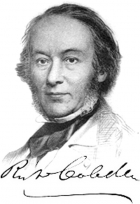
The Reformed Electoral System in Great Britain, 1832-1914
ArticleClick to view -
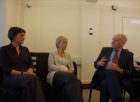
The Right Kind of History. An Interview with Nicola Sheldon, Jenny Keating and John Hamer
Multipage ArticleClick to view -

The Rise and Fall of the Constitutional Press, 1858-1860
ArticleClick to view -

The Road to Dunkirk
ArticleClick to view -
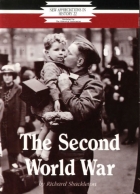
The Second World War
ArticleClick to view -

The Slave trade and British Abolition, 1787-1807
ArticleClick to view -

The Somme: a last innings for Yorkshire and England
ArticleClick to view -

The Tale of Two Winstons
ArticleClick to view -

The Tower and The Victorians: Politics and Leisure
ArticleClick to view -
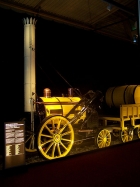
The Transport Revolution 1750-1830
ArticleClick to view -
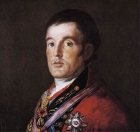
The Undergrowth of History
ArticleClick to view -

The Urban Working Classes in England 1880-1914
ArticleClick to view -

The Uses of History in the Twenty First Century
ArticleClick to view -
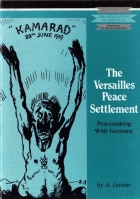
The Versailles Peace Settlement
ArticleClick to view -
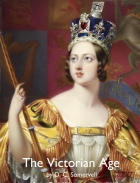
The Victorian Age
ArticleClick to view -

The Waggoners’ Memorial
ArticleClick to view -

The Willing Suspension of Disbeliefs
ArticleClick to view -
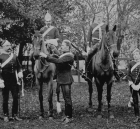
The Yeomanry, 1913
ArticleClick to view -
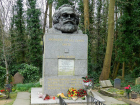
The burial dilemma
ArticleClick to view -

The changing convict experience: forced migration to Australia
ArticleClick to view

